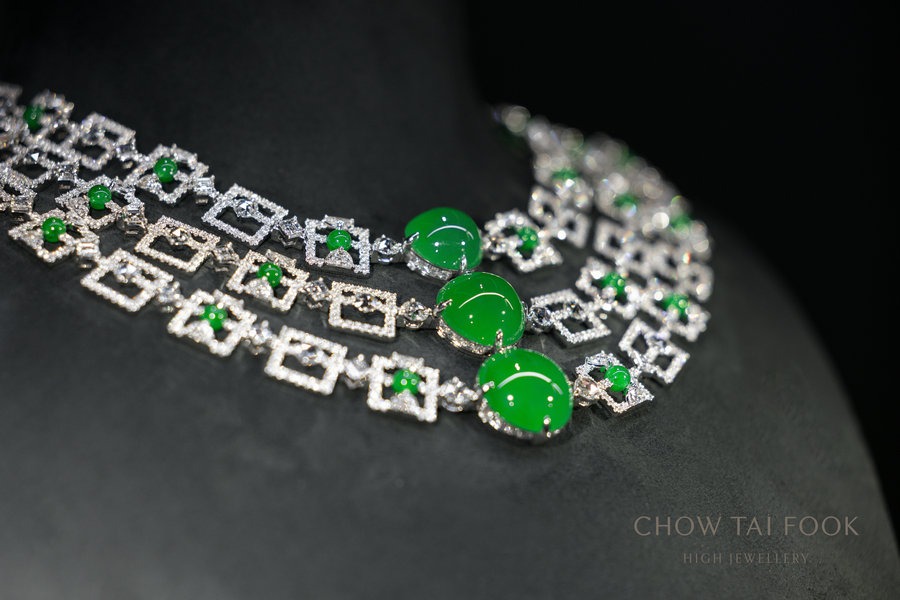Reading the leaves leads to success
Finding the right ingredients in the wild was first step in brewing the delectable Zisun tea, Cheng Yuezhu reports.


Finding the right ingredients in the wild was first step in brewing the delectable Zisun tea.
The Classic of Tea, written by Tang Dynasty (618-907) "tea saint" Lu Yu, rates a unique kind of tea, not made from the green leaves commonly used, as superior. The leaves in question were purple and shaped like bamboo shoots.
They still exist and are known as Zisun (or "purple bamboo shoots") and grow primarily in the mountains of Changxing county, Huzhou, Zhejiang province, where the Tang Dynasty Imperial Tea Factory once harvested them exclusively for the emperors.
Unsurprisingly, they are elusive and precious. Only 4 kilograms of purple tea leaves can be harvested from a plantation of around 1 hectare, says Zheng Funian, a national-level representative inheritor of the Zisun tea-making technique.
During harvest season each year, the 62-year-old goes up into the hills in the early morning to pick the curly purple leaves that grow at the tips of tea plants, and later spends hours roasting them by hand.
He says that, when he was growing up near Guzhu Hill, the original site of the imperial tea factory, families used to pick tea growing wild on the hills, roast it by hand and drink it for pleasure.
When he was 17, his parents started to teach him how to process tea and, eventually, it became his full-time occupation.
"When it comes to roasting, both talent and patience are needed. One has to be able to sit and endure hardship. I have a quick temper, but whenever I sit in front of a wok or a stove, I become calm," Zheng says.
Believing that tea can "embody the tea maker's soul", he has always processed the leaves manually, rather than by machine.
When they first learn, beginners almost inevitably burn their hands. Zheng was no exception. Most of his fingers were blistered until he gradually mastered the roasting process and managed to avoid burning himself.
"The most challenging part is feeling the temperature of the wok with one's hands. This is a whole system, shaking, gripping and tossing the leaves; it's almost like practicing tai chi," he says.




































